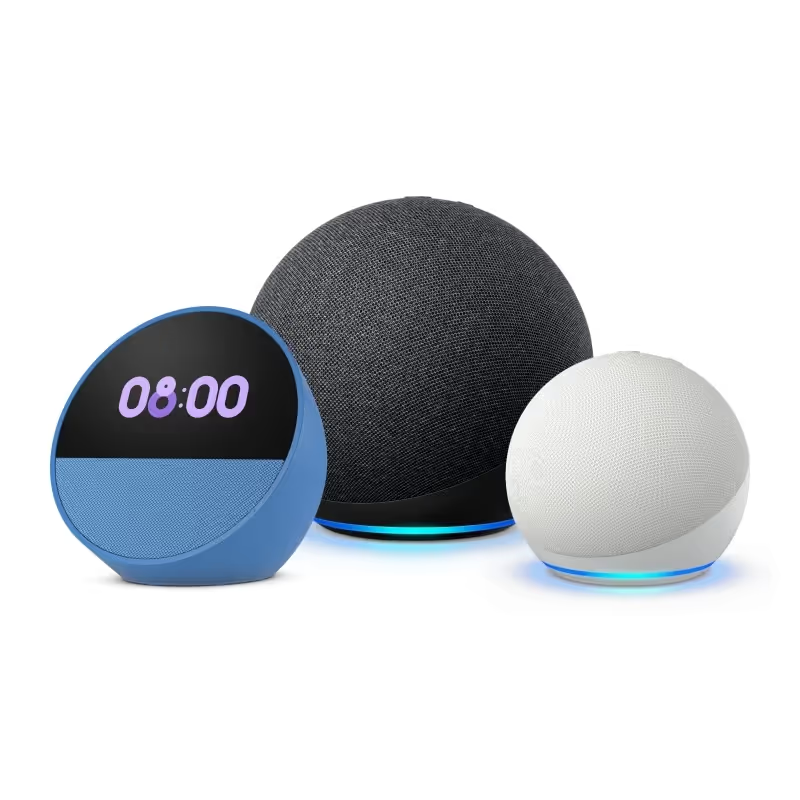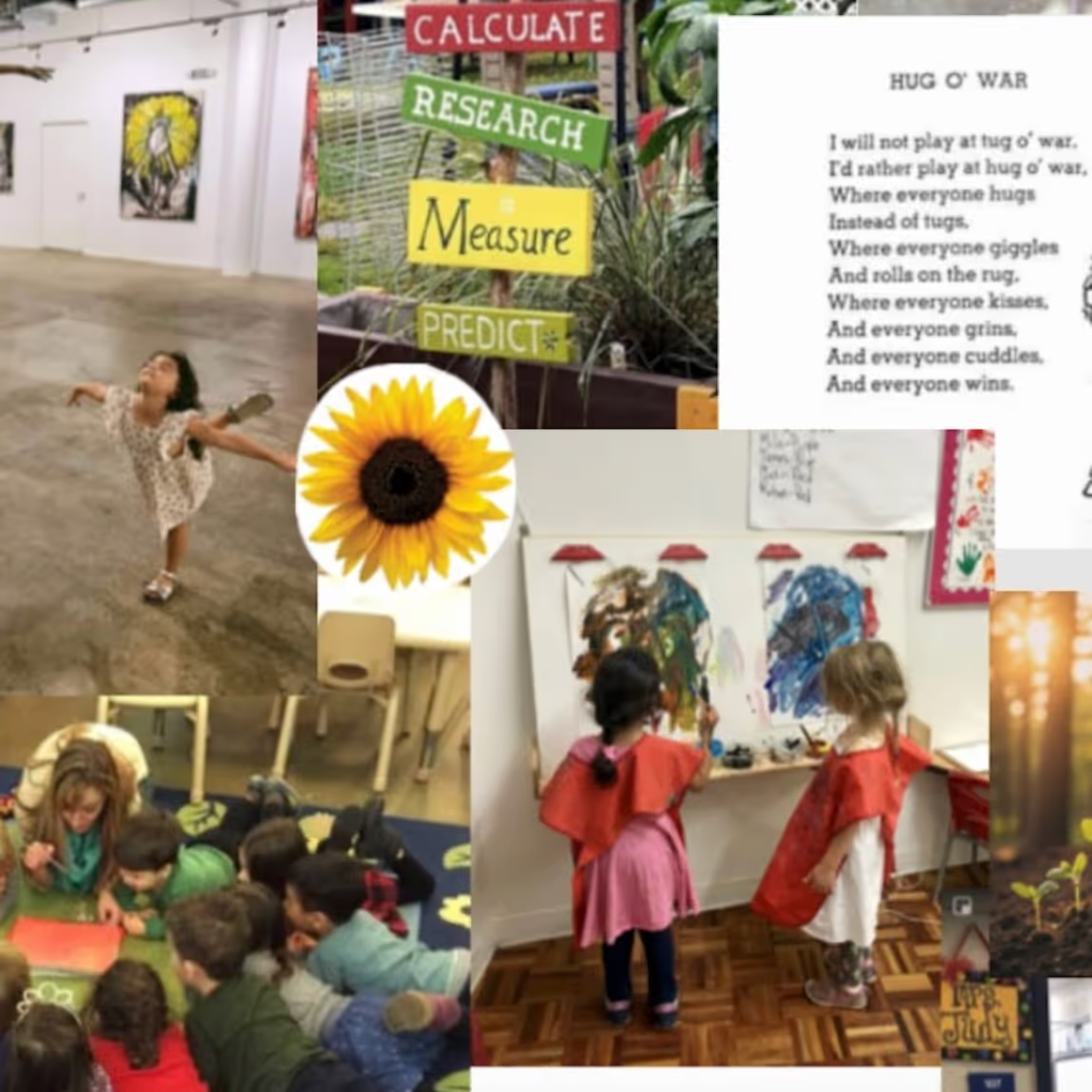


The big buzz word these days is AI—Artificial Intelligence. In fact, I have met several high school and college students who say they want to pursue careers in AI. For this week’s TTT, I want to bring up the AI devices that many homes have or will get: Amazon’s Alexa and Echo, and Google Home.
These devices can be an incredible asset to some people. For instance, for those who have limitations with their vision, the device provides them valuable information. I know of several friends who are getting these for their aging parents to help them with tasks like playing music, making calls and finding information.
There are several concerns with such devices, particularly regarding very young people. Recently the toy company, Mattel, planned to release a baby monitor called, “Aristotle.” The idea was that it would form an emotional tie with a baby by doing things like singing and reading to the child.
A device like the Aristotle would give Mattel and other corporations around the clock access to the baby, and collect data which they would use to market to his/her parents. When the people at the Campaign for a Commercial-Free Childhood and the Story of Stuff Project heard about this device, they started a petition that amassed 20,000 signatures, and ultimately put a stop to Aristotle’s release. Mattel has decided to not bring the monitor to market, at least for now.
Another topic to consider is that communication with these devices can be a bit worrisome when toddlers and young kids are around. When adults yell out commands at such devices, it turns out toddlers start to do the same. How will this impact the way in which they act with other kids and adults?
Learn more about showing our movies in your school or community!
Join Screenagers filmmaker Delaney Ruston MD for our latest Podcast

Learn more about our Screen-Free Sleep campaign at the website!
Our movie made for parents and educators of younger kids
Learn more about showing our movies in your school or community!
Learn more about showing our movies in your school or community!
Join Screenagers filmmaker Delaney Ruston MD for our latest Podcast

Learn more about our Screen-Free Sleep campaign at the website!
Our movie made for parents and educators of younger kids
Join Screenagers filmmaker Delaney Ruston MD for our latest Podcast
As we’re about to celebrate 10 years of Screenagers, we want to hear what’s been most helpful and what you’d like to see next.
Please click here to share your thoughts with us in our community survey. It only takes 5–10 minutes, and everyone who completes it will be entered to win one of five $50 Amazon vouchers.
The big buzz word these days is AI—Artificial Intelligence. In fact, I have met several high school and college students who say they want to pursue careers in AI. For this week’s TTT, I want to bring up the AI devices that many homes have or will get: Amazon’s Alexa and Echo, and Google Home.
These devices can be an incredible asset to some people. For instance, for those who have limitations with their vision, the device provides them valuable information. I know of several friends who are getting these for their aging parents to help them with tasks like playing music, making calls and finding information.
There are several concerns with such devices, particularly regarding very young people. Recently the toy company, Mattel, planned to release a baby monitor called, “Aristotle.” The idea was that it would form an emotional tie with a baby by doing things like singing and reading to the child.
A device like the Aristotle would give Mattel and other corporations around the clock access to the baby, and collect data which they would use to market to his/her parents. When the people at the Campaign for a Commercial-Free Childhood and the Story of Stuff Project heard about this device, they started a petition that amassed 20,000 signatures, and ultimately put a stop to Aristotle’s release. Mattel has decided to not bring the monitor to market, at least for now.
Another topic to consider is that communication with these devices can be a bit worrisome when toddlers and young kids are around. When adults yell out commands at such devices, it turns out toddlers start to do the same. How will this impact the way in which they act with other kids and adults?
Sign up here to receive the weekly Tech Talk Tuesdays newsletter from Screenagers filmmaker Delaney Ruston MD.
We respect your privacy.
The big buzz word these days is AI—Artificial Intelligence. In fact, I have met several high school and college students who say they want to pursue careers in AI. For this week’s TTT, I want to bring up the AI devices that many homes have or will get: Amazon’s Alexa and Echo, and Google Home.
These devices can be an incredible asset to some people. For instance, for those who have limitations with their vision, the device provides them valuable information. I know of several friends who are getting these for their aging parents to help them with tasks like playing music, making calls and finding information.
There are several concerns with such devices, particularly regarding very young people. Recently the toy company, Mattel, planned to release a baby monitor called, “Aristotle.” The idea was that it would form an emotional tie with a baby by doing things like singing and reading to the child.
A device like the Aristotle would give Mattel and other corporations around the clock access to the baby, and collect data which they would use to market to his/her parents. When the people at the Campaign for a Commercial-Free Childhood and the Story of Stuff Project heard about this device, they started a petition that amassed 20,000 signatures, and ultimately put a stop to Aristotle’s release. Mattel has decided to not bring the monitor to market, at least for now.
Another topic to consider is that communication with these devices can be a bit worrisome when toddlers and young kids are around. When adults yell out commands at such devices, it turns out toddlers start to do the same. How will this impact the way in which they act with other kids and adults?

AI tools like ChatGPT can now complete many homework tasks for students, often in minutes. While these tools may be useful for skilled adults, research suggests they can undermine learning for children by bypassing effort, problem solving, and critical thinking. Homework that involves writing, calculations, or study materials is especially vulnerable to AI use, while memorization and hands-on creative work still require student effort. Clear household rules and ongoing conversations can help protect learning and set expectations around AI use for schoolwork.
READ MORE >
A reader recently sent me a great question: “Should I be worried about my kid using Alexa or Google Home?” It’s a great question, and one I’ve been thinking about more myself lately, especially as these devices become more conversational and, honestly, more human-sounding every day. In today's blog, I dig into the concerns and share practical solutions, including simple replacements for when these devices are used at bedtime.
READ MORE >
We want our kids to be motivated to learn, face challenges, and generate their own ideas. However, school often assigns work that doesn't inspire interest, and now AI provides an easy shortcut. Instead of struggling through it, students can simply ask a chatbot for answers or even complete assignments. In today’s blog, I share five ways parents can help kids stay engaged in learning.
READ MORE >for more like this, DR. DELANEY RUSTON'S NEW BOOK, PARENTING IN THE SCREEN AGE, IS THE DEFINITIVE GUIDE FOR TODAY’S PARENTS. WITH INSIGHTS ON SCREEN TIME FROM RESEARCHERS, INPUT FROM KIDS & TEENS, THIS BOOK IS PACKED WITH SOLUTIONS FOR HOW TO START AND SUSTAIN PRODUCTIVE FAMILY TALKS ABOUT TECHNOLOGY AND IT’S IMPACT ON OUR MENTAL WELLBEING.
